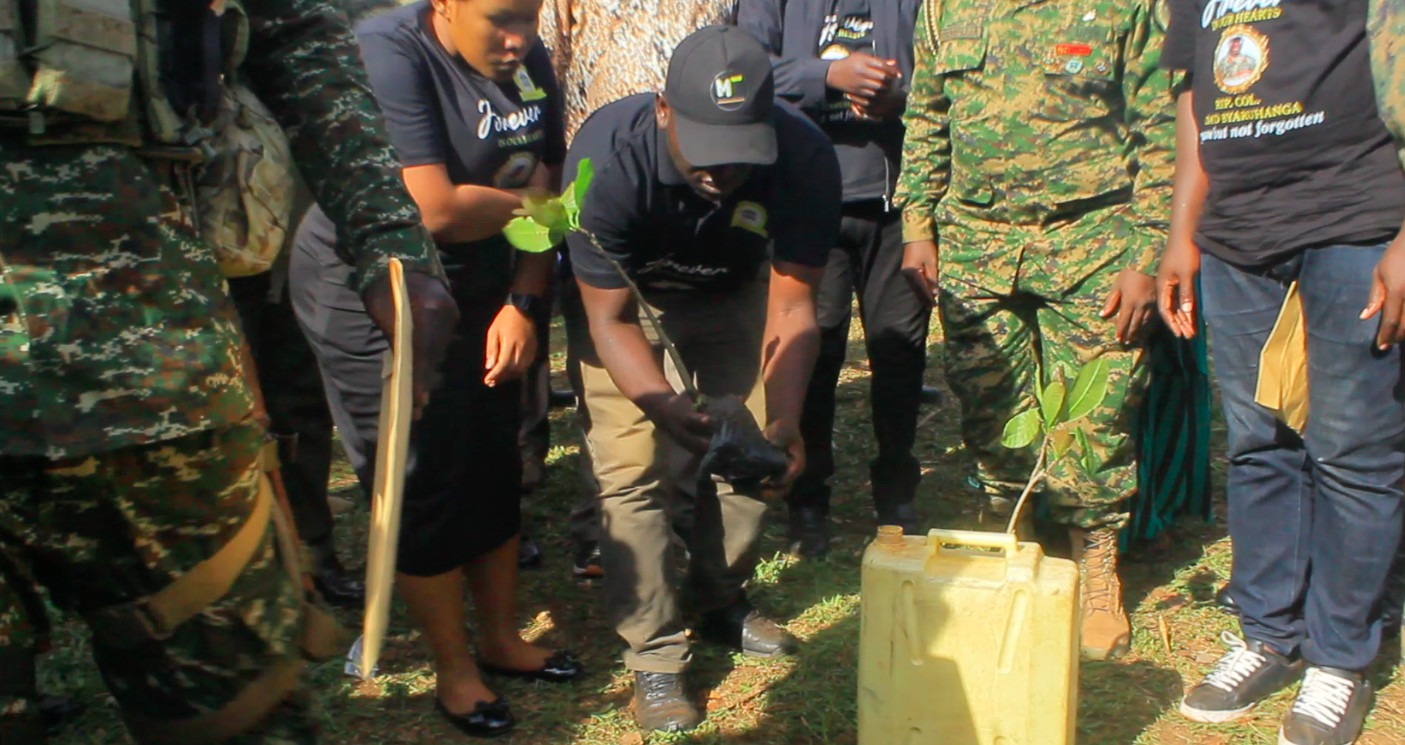
The MK Youth Initiative continues to make great strides in empowering Ugandan youth through practical agricultural projects. Recently, the organization conducted a hands-on demonstration on cashew nut planting at Kiryandongo, a move aimed at encouraging young people to engage in agribusiness and create sustainable livelihoods.
Why Cashew Nuts?
Cashew nuts are a high-value crop with great potential for both local consumption and export. With Uganda’s favorable climate, cashew trees thrive well, providing farmers with an opportunity to earn income while contributing to environmental conservation. Recognizing this potential, the MK Youth Initiative has taken a proactive approach to educate and equip young farmers with the necessary skills to cultivate cashew trees successfully.
The Demonstration at Kiryandongo
The event brought together youth, local farmers, and agricultural experts who shared insights on the benefits of cashew farming. The demonstration covered key aspects such as:
- Land Preparation – Identifying suitable soil conditions and proper spacing for planting.
- Seed Selection and Nursery Establishment – Choosing quality cashew seedlings for higher yields.
- Planting Techniques – Best practices for planting, including watering, mulching, and fertilization.
- Pest and Disease Control – Identifying common threats to cashew trees and how to manage them.
- Harvesting and Market Opportunities – Educating farmers on when and how to harvest for maximum profitability.
Impact on the Youth
This initiative aligns with the MK Youth Initiative’s mission to equip young people with the tools they need to become self-reliant. By demonstrating cashew farming as a viable business, the project inspires youth to embrace agriculture as a profession rather than a last resort. The initiative also opens doors for networking, mentorship, and access to agricultural financing opportunities.
Future Plans
Following the success of this demonstration, MK Youth Initiative plans to expand its cashew nut planting program to other regions in Uganda. The goal is to establish cashew orchards that will serve as both learning centers and commercial ventures for the youth. Additionally, training sessions on cashew processing and value addition will be introduced to enhance income generation.
Conclusion
The cashew nut planting demonstration at Kiryandongo is a testament to the MK Youth Initiative’s commitment to youth empowerment through agriculture. By equipping young people with knowledge and skills in cashew farming, the initiative is paving the way for economic growth, food security, and environmental sustainability. With continued support and collaboration, cashew farming could become a game-changer for Uganda’s youth and agricultural sector.